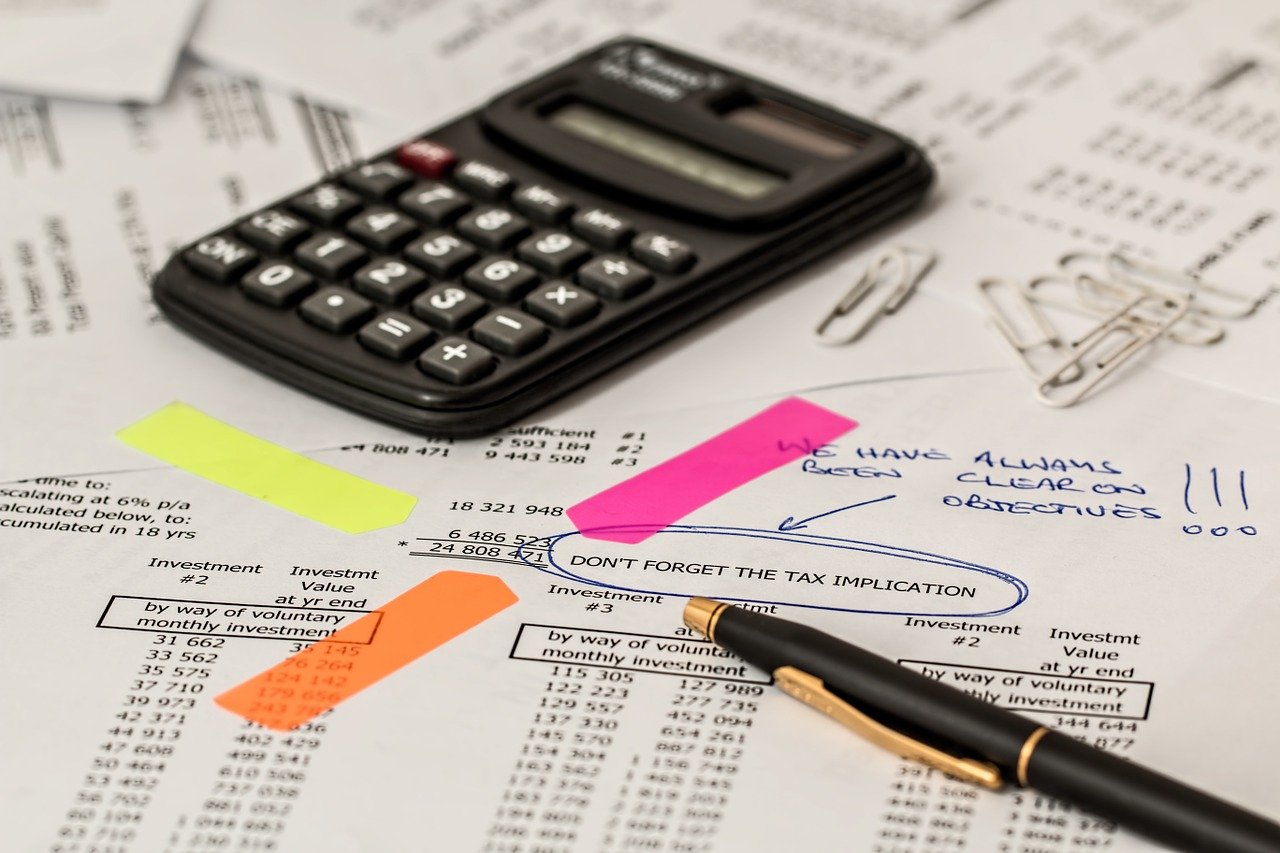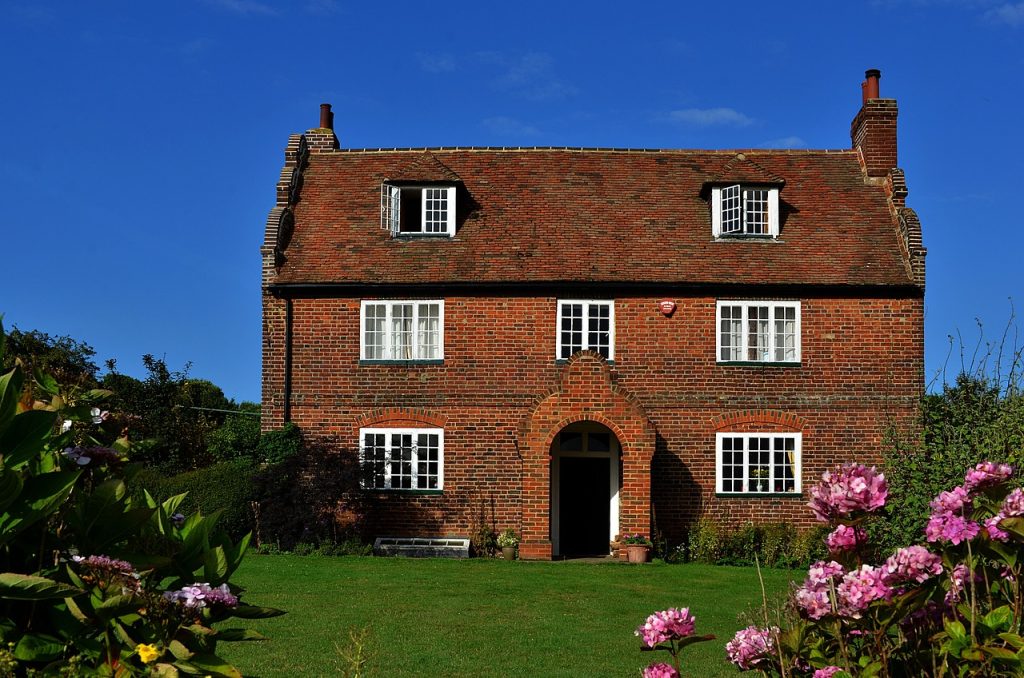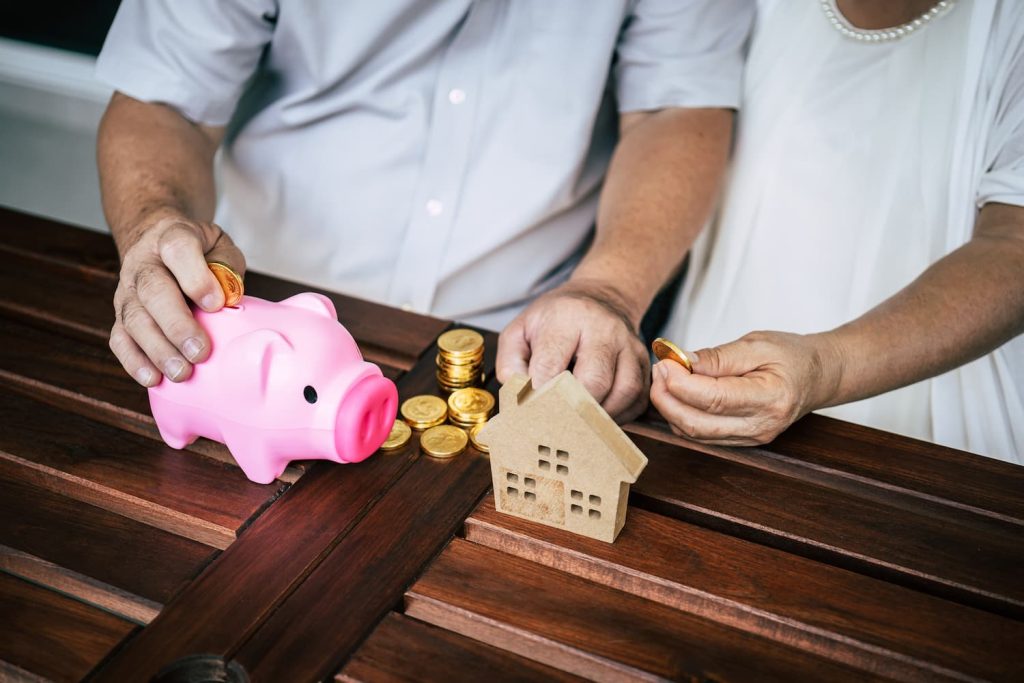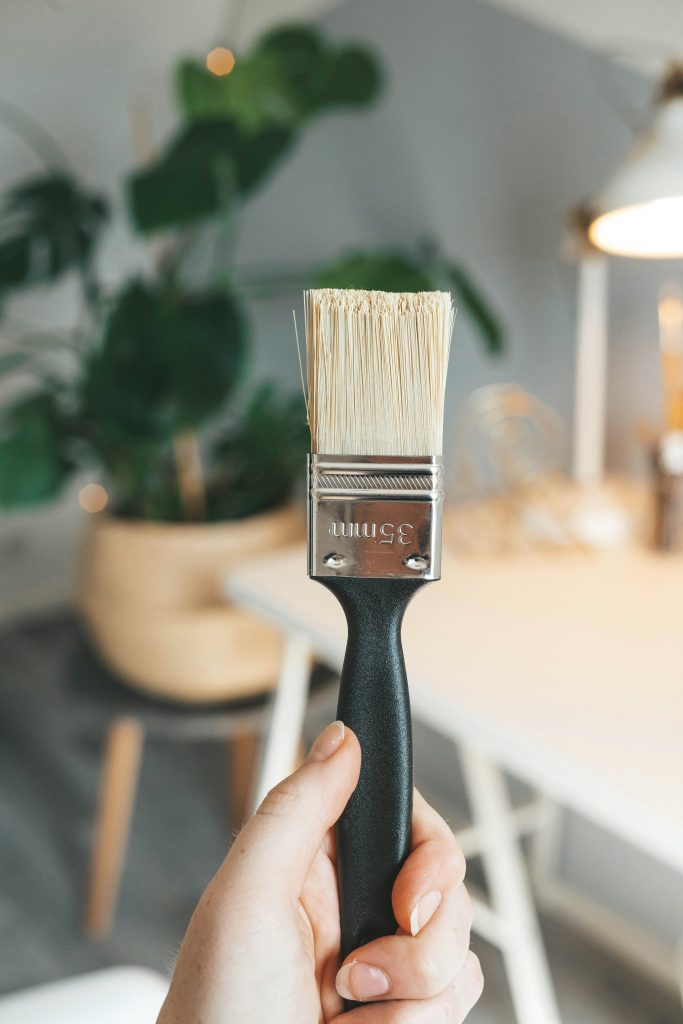Taxes & Selling Your Home

Estimated reading time 6 minutes
Many buyers make the mistake of assuming that selling their home doesn’t cost anything. However, that’s simply not the case. There are many costs involved with selling a home. These include using an estate agent, stamp duty, agency fees, and more. There are also taxes a seller must pay when selling their home.
In this guide, we’ll take a look at the taxes that may be involved with selling a property.
What is the Capital Gains Tax?
This is a tax that must be paid on the profit made when selling property that’s not your main home. The gain is the difference between what you paid for the property and the amount you sell it for.
The Capital Gains Tax may also apply in other situations, such as if you gift the property, transfer ownership to another person, or exchange the property for another asset. In these situations, you will need to use the property’s market value in place of the sale price of the home.
Selling Your Home & the Capital Gain Tax
You may be required to pay the Capital Gains Tax if you sell your home unless you meet the following requirements:
- You have not let out parts of the home
- The home has not been used primarily for business during your time as owner
- You have one home and have used it as your main home the entire time you’ve owned it
- The property grounds are less than 5000 square metres
- You have job-related accommodation during the period of ownership
- You did not buy the home to make a gain
In this case, you’ll receive a tax relief that’s called Private Residence Relief. However, you may still need to pay some Capital Gains Tax if you don’t meet all the requirements.
The Capital Gains Tax typically applies if selling a home or a flat that was used as a second property, such as a holiday home.
What Qualifies as a Main Residence for the Capital Gains Tax?
When you have more than one property, you can choose which one will be tax-free. This doesn’t necessarily have to be the place where you spend the most time. You can choose the property that will make the largest gain when sold.
You’re allowed to take two years, from the time you buy a new home, to nominate it as your main residence.
Capital Gain Tax Rates
The capital gain tax rate is higher for property than it is for other types of assets. If you’re a basic-rate taxpayer, then expect to pay 18% on gains made when selling property. For higher taxpayers, expect to pay 28%.
Keep in mind that the capital gains you make within the specific tax year will be included when calculating your personal tax status for that year. What does this mean? Any gains you receive from selling property could push you into a higher tax bracket. In this case, the gain is treated as the top portion of your income and is taxed at 18%, while the rest of your income is taxed at 28%.
How to Calculate Your Capital Gains Tax Liability
When calculating the amount of your capital gains liability, you only pay on the amount that is counted as a gain. You can also deduct some expenses from the gain to reduce your tax liability. Expenses you can deduct include agent’s fees, solicitor’s fees, and the cost of any improvements made to the property. However, you can’t deduct expenses related to redecorating or maintenance of the property.
Here’s the equation for calculating your gains:
Gains=Purchase Price – (Sale Price + Buying & Selling Costs +Improvement Costs)
To calculate your capital gains tax liability, deduct your annual capital gains tax allowance from the gains. Then this is the amount you must pay the tax on.
You can also use the Government’s capital gains tax calculator to determine your tax liability.
Reason for Buying May Affect Taxes When Selling a Home
The reason you bought the property can also determine what (if any) taxes will need to be paid when selling the home. You may have to pay Capital Gains Tax if you make a profit when selling certain properties, including:
- Business premises
- Land
- Inherited property
- Buy-to-let property
In these cases, it’s essential to determine the gain to see whether or not you’ll be subject to the tax. You may not have to pay tax if:
- The property was a business asset
- The property was occupied by a dependent relative
- The property was a gift to your spouse, civil partner, or a charity
Capital Gains Tax for Non-Residents in the UK
Non-residents selling a UK residential property only pay the capital gains tax on gains made since 5 April 2015.
Inheriting a Second Property
Inheriting an asset usually involves an inheritance tax, which is paid by the estate of the person who has passed away. You will only need to pay capital gains tax if you later choose to sell the home.
When is Capital Gains Tax Due?
If you’ve made a taxable gain from the sale of UK residential property during the 2021-22 tax year, then you’ll have to pay the tax owed within 30 days of the completion of the sale/disposal. This is done through the residential property return and then making the payment through your account.
What About Letting Relief and Capital Gains Tax?
You may be able to claim letting relief if you’ve let out part or all of your home if you once lived on the property. This can reduce your capital gains tax liability. However, keep in mind that this does not apply to buy-to-let investors, who only let their properties and never live in them.
The amount of letting relief currently allowed is the lowest of either:
- The gain received from the letting proportion of the home
- The amount of private residence relief you can claim
- £40,000
You can’t claim private residence relief and letting relief in the same period.
There you have it. We hope this guide has helped you learn more about the capital gains tax. However, because this is a very complex topic, it’s always best to seek financial advice on how the capital gain works in your situation, and if there are specific methods, you can use to lower your tax liability. If you're looking to sell an inherited property don't hesitated to get in contact with the Bettermove team.



